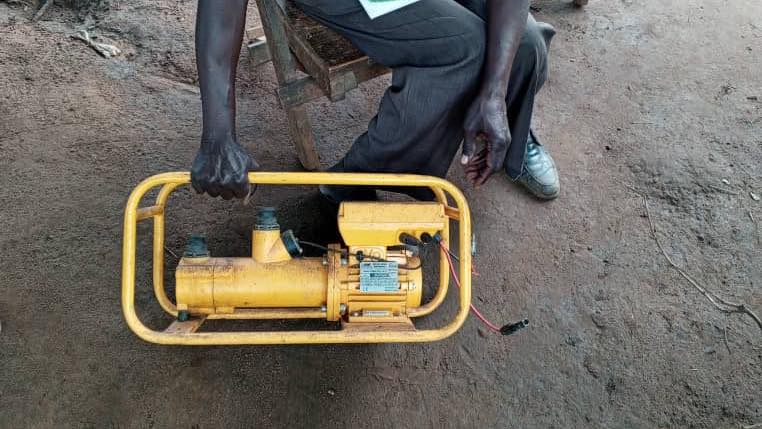This fall, the United Nations Convention to Combat Desertification (UNCCD) launched the Decade for Deserts and the Fight against Desertification, an effort to protect and preserve drylands, currently under threat from desertification, land degradation, and drought (DLDD).
Drylands, defined as arid, semiarid, and dry sub-humid areas, are home to one in three people, 90 percent of whom live in the developing world. These threatened areas support half of the world’s livestock and make up 44 per cent of the world’s cultivated systems.
IFPRI researchers Ephraim Nkonya and Alex De Pinto joined Luc Gnacadja, the Executive Secretary of the UNCCD, December 14-15 in Bonn, Germany for a meeting to discuss the economic scope of DLDD, and its impact on economic growth and food security. Titled the Partnership Meeting on the Assessment of the Economics of Desertification, Land Degradation and Drought (E-DLDD), the event hosted by the German Federal Ministry for Economic Cooperation and Development (BMZ) was designed to inform the 2012 UNConference on Sustainable Development (UNCSD) or Rio+20 Earth Summit in Rio de Janeiro.
In his presentation, Nkonya argued for increased investment in the prevention or mitigation of DLDD. He cited studies that show that in the past 50 years, 60 percent of the earth’s ecosystem services were degraded largely due to man-made causes—racking up US$66 billion in damages each year. Nkonya pointed out that though the benefit cost ratio of protecting ecosystem services is 100:1, global investment in biodiversity conservation is only a third of the required investment.
Part of the reason for this limited investment in the prevention or mitigation of DLDD is a lack of information about its costs—as well as the pay-offs of actions that address DLDD. The major objective of IFPRI’s continued investigation of this pressing yet overlooked issue is to close this knowledge gap.







